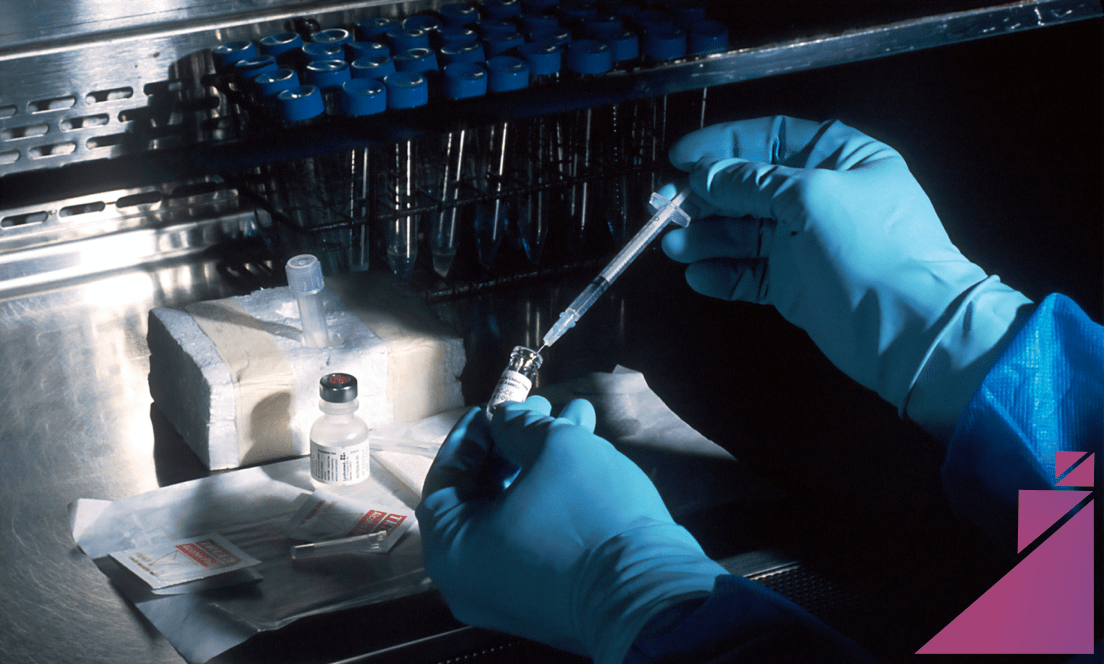Search:
Categories
Archives
Cancer vaccines
- CURIA
- Sep, 21, 2022
- Informed Patient
- Comentarios desactivados en Cancer vaccines

The A to Z of cancer vaccines
Vaccines are medicines that train the body’s immune system to fight disease.1 Most vaccines used to treat cancer work the same way and make the person’s immune system attack cancer cells. The intention is to stop cancer from coming back after other treatments. There are also certain vaccines that help prevent certain cancers.2
There are two types of cancer vaccines – one that prevents cancer and the other that treats cancer.
Vaccines that prevent cancer
These vaccines are for cancers that are caused by viruses. Vaccines that help protect against infections also prevent some of these cancers. For example, some strains of human papillomavirus (HPV) have been linked to cervical, anal, throat, vaginal, vulvar and penile cancers2. Similarly, people with chronic (long-term) infections with the hepatitis B virus (HBV) are at higher risk for liver cancer. These traditional preventive vaccines target viruses that can cause certain cancers, but they don’t target cancer cells directly because they haven’t been formed or found.
Vaccines that treat cancer
Vaccines that treat cancer work getting the immune system to mount an attack against cancer cells. That is, instead of preventing the disease, they get the immune system to attack a disease that already exists.
Some frequently asked questions related to cancer vaccines are:
a. How are cancer treatment vaccines made?
Cancer treatment vaccines are made up of cancer cells, parts of cells, or pure antigens (certain proteins on the cancer cells). At times, a patient’s own immune cells are removed and exposed to these substances in the lab to create the vaccine. Vaccines are often combined with substances or cells called adjuvants that help boost the immune system even further.2
b. What are the side-effects of vaccines?
Side-effects of cancer vaccines vary as per the type of cancer vaccine and its target. It may also be influenced by the location and type of cancer as well as the patient’s overall health. The possible side-effects can be a misdirected immune response where the immune system targets healthy cells that express the same target proteins. Common side-effects are but not limited to anorexia, back pain, chills , fatigue/malaise , fever, flu-like symptoms, headache, joint ache, myalgia, nausea and neuralgia.2
Patients should consult the medical care team to gain a better and fuller understanding of the potential risks and side effects associated with specific cancer vaccines.
c. Should people with cancer and cancer survivors get flu vaccines?
Cancer treatment can weaken the immune system, putting people with cancer at an increased risk for problems from the flu such as dehydration, sinus and ear infections, and bronchitis. Some more serious problems are pneumonia, sepsis (a dangerous bodily reaction to infection) and inflammation of the heart, brain or muscle tissues. As flu is more dangerous for a person suffering from cancer or a cancer survivor, it is recommended for cancer patients and survivors to get a flu shot.3
